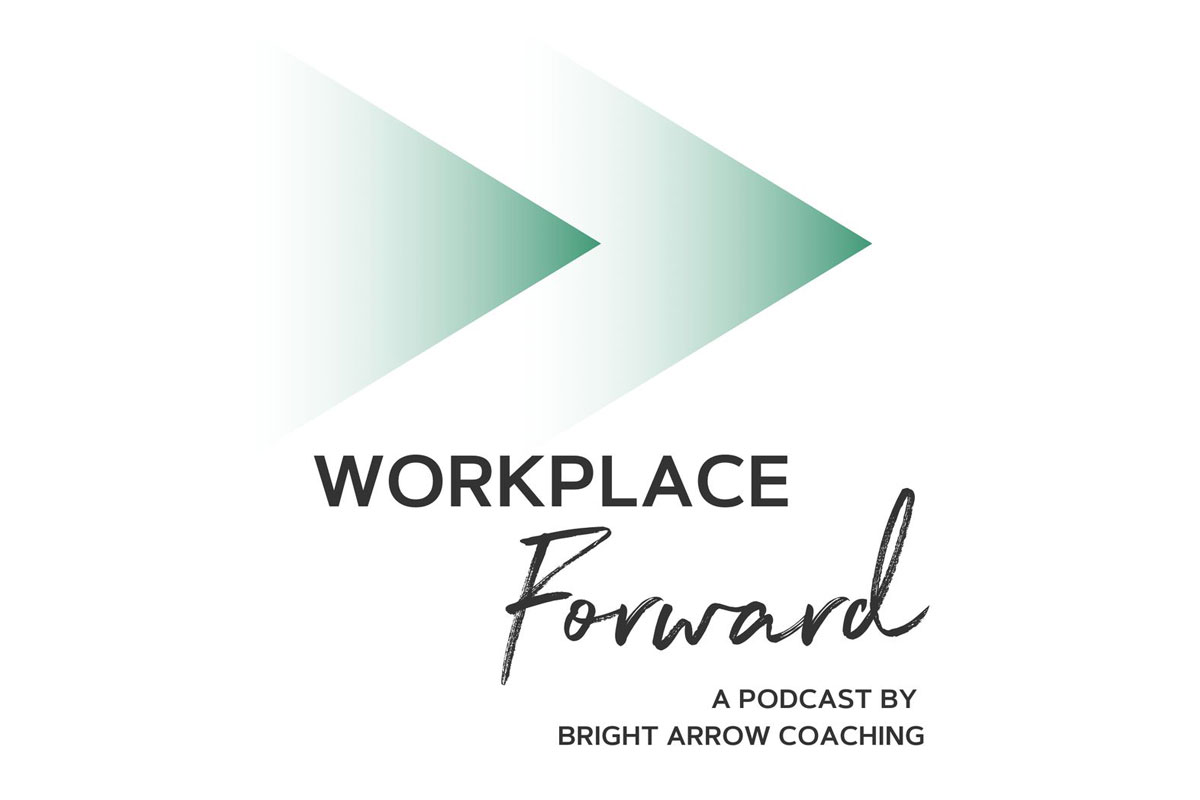‘Who Am I Afraid To Be?’ and Other Questions To Check Your Authenticity
As a coach, one of my specialties is coaching high performers on the verge of or experiencing burnout. “Authentic leadership” is one of the most common topics they bring to the table for evaluation.
The need to create or increase authenticity shows itself in the following phrases:
- “I feel like a fraud at work.”
- “I’m asking my employees to do things I don’t believe in.”
- “Our organization has lost its soul and I can’t sell the company agenda anymore.”
- “I’m emotionally exhausted when I get home.”
- A telling behavior: your employees don’t know which version of you they are going to experience day-to-day or hour-to-hour.
Any of these messages are indicative of a leader putting on a mask of some sort to drive company deliverables. Frankly, it is inauthentic. And authentic leadership is your responsibility.
My Own Experience With Inauthenticity
I once found myself in the terrible position of feeling like an inauthentic leader. I had recently left a job that I loved and for which I felt well-loved and appreciated, but I wanted to stretch and grow by trying on a new role.
The new role turned out to be a shell of what was promised. I ended up having a leader who I found to be inept; the resources I was promised while interviewing were never provided; the project I inherited was a bigger mess than my boss had the capability of understanding; I was working 70+ hours a week and was exhausted and burning out in every sense of the word. Even with all this going on, as a leader, I had to assign work, lead meetings and design both strategic and operational plans that inspired confidence. All the while, I was questioning how the heck this was all going to come together.
I was angry but never showed it. I was tired but didn’t admit it. I was unsupported but tried my best not to let my employees feel the same. I was coming to detest the questionable culture and the behavior of my peers. I was the epitome of inauthenticity — a situation many leaders find themselves in.
Looking back, (and in talking with my, now former, employees) I know that they could sense the lack of authenticity behind my words and relentless work. Said most directly by one of them, “We all knew how doomed you were, even if you weren’t saying it.”
What Is Authentic Leadership? Are You An Authentic Leader?
Authentic leaders are genuine, mission- and results-driven, lead with their hearts and focus on the long term.
You may be a truly authentic individual at your core. You may think you know yourself well and aim to be honest with people about who you are in your daily life. However,
- if you aren’t doing work you love and believe in
- if you are “pulling yourself together” daily (and on a long-term basis) for the sake of your company’s needs
- if you are doing work you don’t enjoy or maybe even detest
- if you are suffering from burnout
- if you can’t back the company culture or their values don’t align with your own
… then, you are not showing up as an authentic leader.
In any of these situations, if you think you’re hiding the truth well because you have a good poker face and are bringing your “A-game” to the table, think again. Your peers and employees smell fraud all over you. Sometimes they understand what is going on and feel empathy for you, but most of the time, you’re just killing your credibility and insulting the intuition and intelligence of the people you work with.
Align With Work That Matters To You
When I first entered the workforce, I would hear the phrase tossed around often, “It’s business. It’s not personal.” As technology has advanced, we are constantly connected to our jobs. Our work hours have increased. Employee benefits and developmental opportunities have diminished, ultimately decreasing the likelihood of remaining loyal to one organization. We increasingly sacrifice sleep, weekends, vacation time, sick time and precious hours with friends and family. Business has become personal. The lines are so blurred that they hardly even exist anymore.
Now that business is more personal than ever, it is important that we marry our personal and work personas and show up as our authentic selves all the time. It is increasingly important to select careers and organizations that align with our personal values and interests. This doesn’t mean we aren’t willing to muscle through temporary initiatives that our employers need us to shoulder, but on a larger level, we need to be aligned with work that allows us to shine.
Another common statement I hear in workplaces and from the individuals I coach is, “I think my boss is an awesome person, but they stink as a leader.” It breaks my heart to hear this because I know immediately that the “boss” is not aligned to initiatives that allow them to be their authentic selves.
An Activity To Help You Become A More Authentic Leader
Dearest employee or leader, it is not your company’s responsibility to figure this out for you. What follows is a simple exercise to help you get clear on your level of authenticity.
- Take out a piece of paper, turn it horizontally and draw four columns on it.
- Label one column with each of the following and fill out each list accordingly:
-
- How co-workers and acquaintances describe me
- How my immediate family describes me
- Who I tell myself I am
- Who I am afraid to tell myself I am
Comparing each of the columns to another is very telling, but the answers in the column, “Who I am afraid to tell myself I am” is where the magic happens. If you want to lead with your heart and tap into your fullest power, you must spend time getting clear on who you are in every facet of your life.
Evaluate yourself. Redesign yourself. Experiment with how you show up.
This article first appeared on the Forbes Coaches Council Blog.








